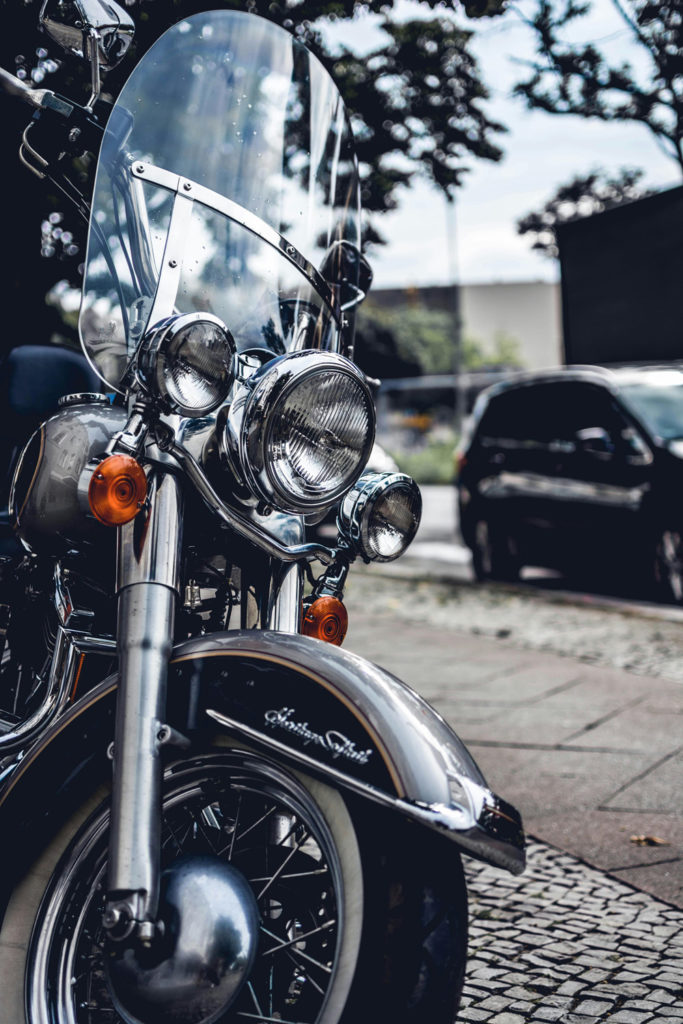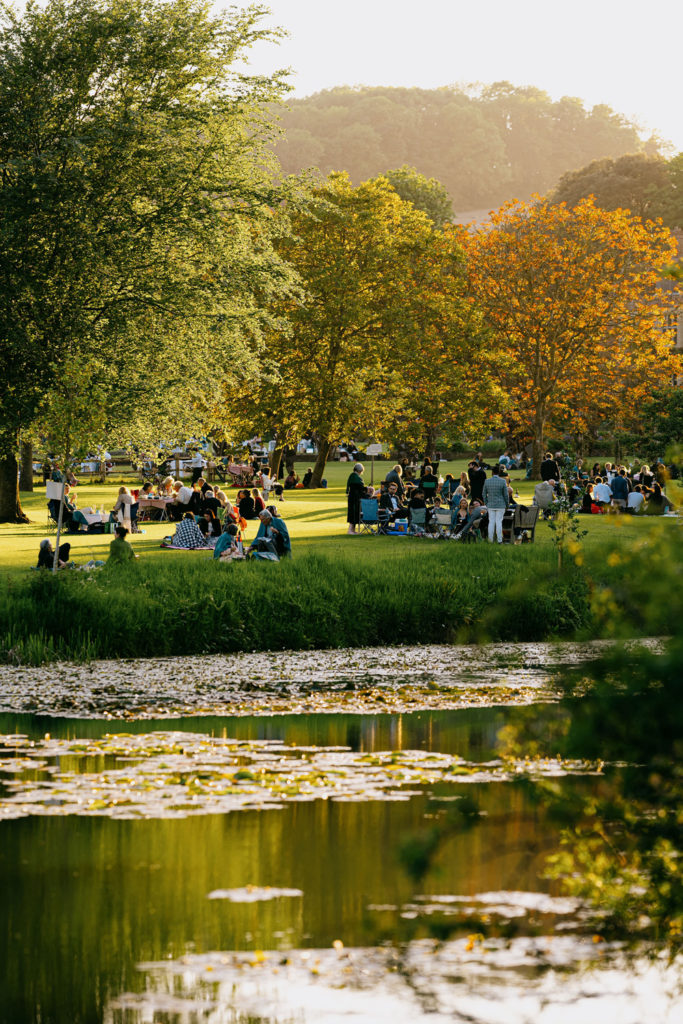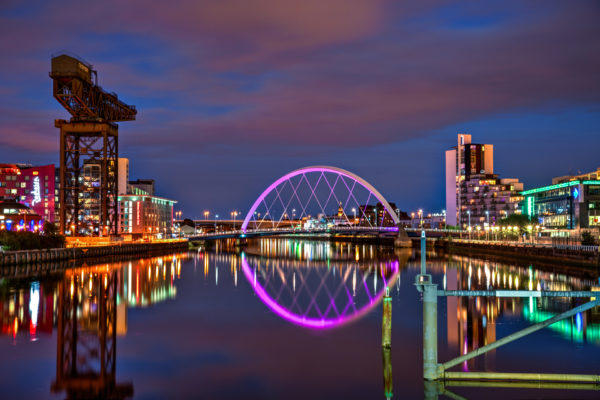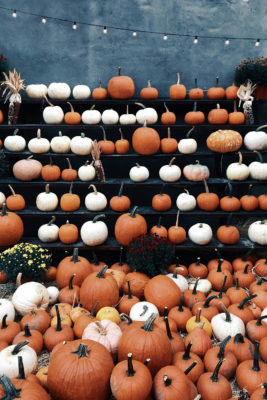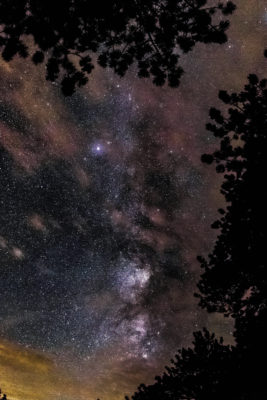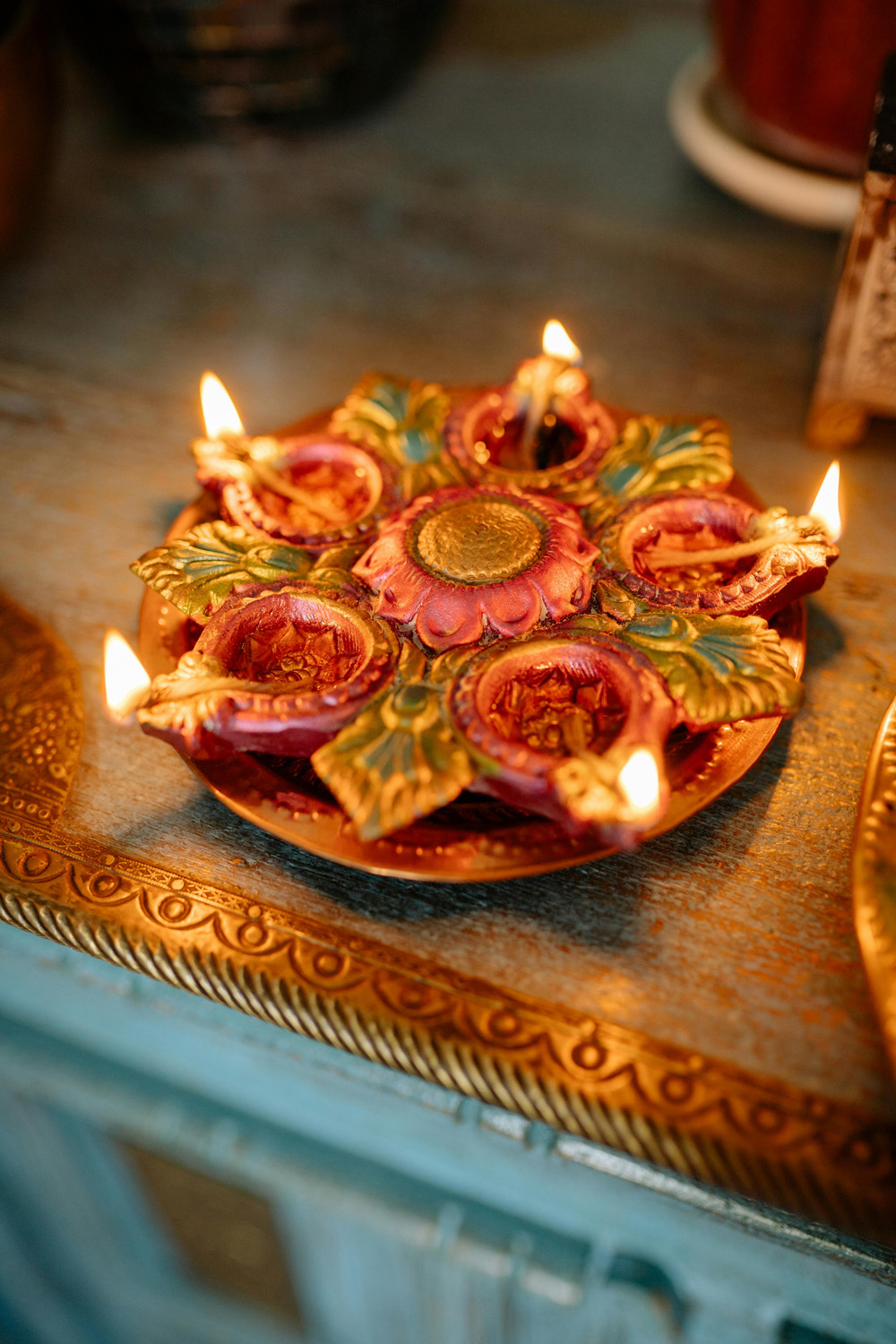
How To Wish Someone A Happy Diwali
By
6 months ago
The festival of light is celebrated across the globe
Happy Diwali! (Almost.) The festival of lights is fast approaching – but why do we celebrate?
What Is Diwali?
Diwali is a major Hindu festival celebrating the triumph of light over darkness, good over evil and knowledge over ignorance – also known as Deepavali from Sanskrit, transliterating to ‘row of lights’ or ‘line of lamps’. It’s India’s largest and most widely celebrated festival, and is also celebrated by Hindu communities across the globe, including Neap, Sri Lanka, Malaysia, Singapore, Fiji, and here in the UK.
Who Celebrates It?
Diwali has its roots in India, and is celebrated by Hindus, Jains, Sikhs and Newar Buddhists in Nepal – though each religion has different spiritual associations with the festival. For Hindus, it’s all about light triumphing over darkness, but for Sikhs Diwali coincides with Bandi Chhor Divas, which commemorates the release of the sixth Sikh Guru Hargobind Ji from imprisonment by the Mughal emperor Jahangir. In Nepal, Newar Buddhists celebrate Diwali to honour Emperor Ashoka’s conversion to Buddhism after his remorse over the Kalinga War.
In India as a whole, Diwali is also associated with the end of monsoon season and the start of winter, as well as an ancient harvest festival.
How To Wish Someone A Happy Diwali
You can simply say ‘Happy Diwali’ to pass on your greetings to those who celebrate the festival of lights, but if you are looking for something to write in a card or text message, here are some traditional phrases:
- May the glow of diyas fill your life with warmth
- May the warmth of the Diwali lights shine on you all year
- Wishing you beautiful beginnings, new hopes and lots of happy moments this Diwali
- May the wisdom of Lord Ganesha and the wealth of Goddess Lakshmi be with you always
- Wishing you a beautiful and blessed Diwali
- May the brightness of Diwali fill your days with new hope and possibilities
- May this Diwali bring divine light and happiness into your life
- Wishing you happiness, good health and prosperity this Diwali
When Is Diwali?
Diwali is celebrated on 31 October, in the middle of a five-day celebration.
- 29 October: The festival of light begins with Dhanteras, a time for prayers to Lord Dhanvantari for good health and prosperity, and most recently the best day to buy valuable items like gold and silver.
- 30 October: Narak Chaturdashi (Choti Diwali) celebrates the defeat of the demon Narakasura by Lord Krishna, symbolising the defeat of negativity and evil.
- 31 October: Diwali (Lakshmi Puja) is the main day of the festival, where families pray to Goddess Lakshmi to seek blessings for wealth, health and happiness.
- 1 November: Next is Govardhan Puja, a day dedicated to showing gratitude for nature and worshipping Lord Krishna who is believed to have protected the people of Gokul from heavy rains by lifting the Govardhan Hill.
- 2 November: Bhai Dooj is the final day of Diwali, and celebrates the bond between brothers and sisters: brothers vow to protect and support their sisters, while sisters pray for the long life and prosperity of their brothers.
Traditions
Alongside the core celebrations, traditions have developed around Diwali, including families coming together, cleaning and decorating the home with colourful patterns (it is believed Goddess Lakshmi visits clean and beautiful homes), exchanging gifts, and preparing special sweets like ladoos, barfis, gulab jamuns and kajus katli.
Many people decorate their homes with diyas (oil lamps) and lights to symbolise the driving out of darkness, while firework displays and burning sparklers are common activities as both the light and the noise is thought to drive away evil spirits.
While exchanging gifts is part of Diwali – typically clothes and homeware – and wearing new clothes is popular, the festival of lights is also a time for charity. Many people donate food, clothes and money to those in need during Diwali, and helping people less fortunate than yourself is considered a way of sharing the joy of the festival and bringing blessings into your life.
Like many celebrations across the globe, feasting is also a large part of Diwali, the whole family coming together to enjoy rich and elaborate dishes and various desserts. Many families eat out for Diwali, so if you’d like to find one of London’s best festive menus for the occasion, you can find our guide here.

